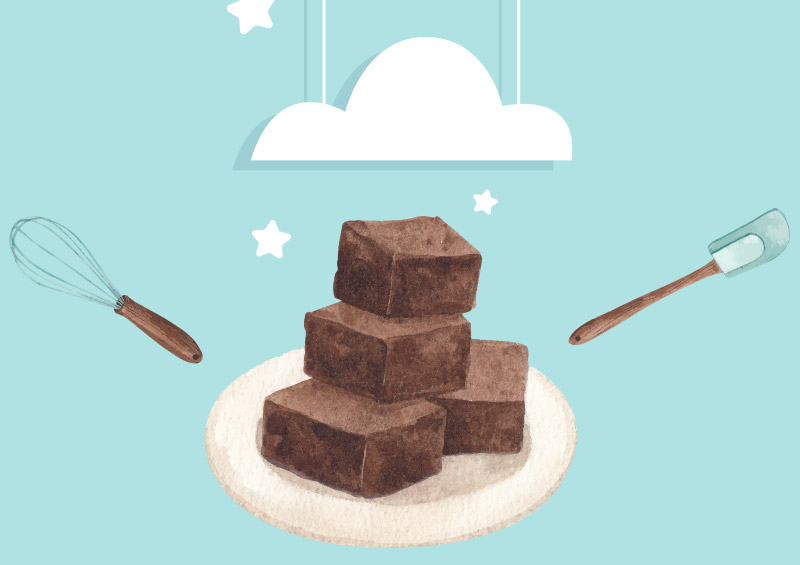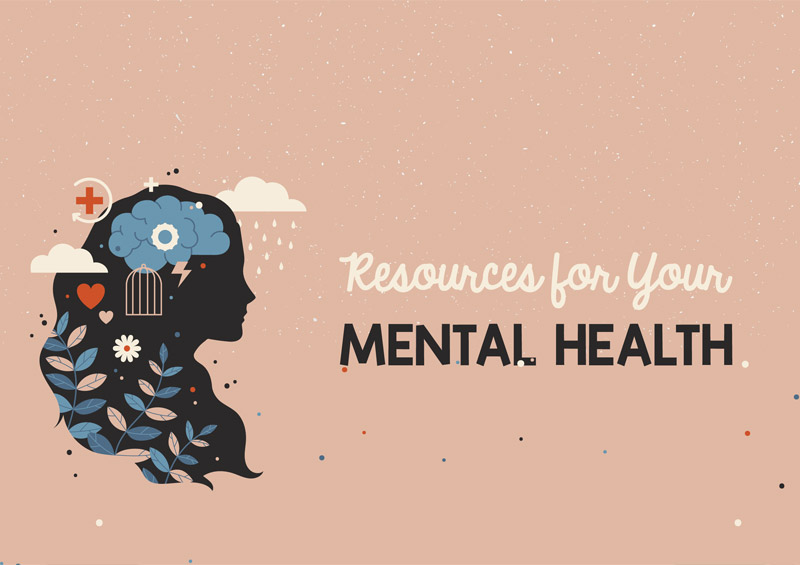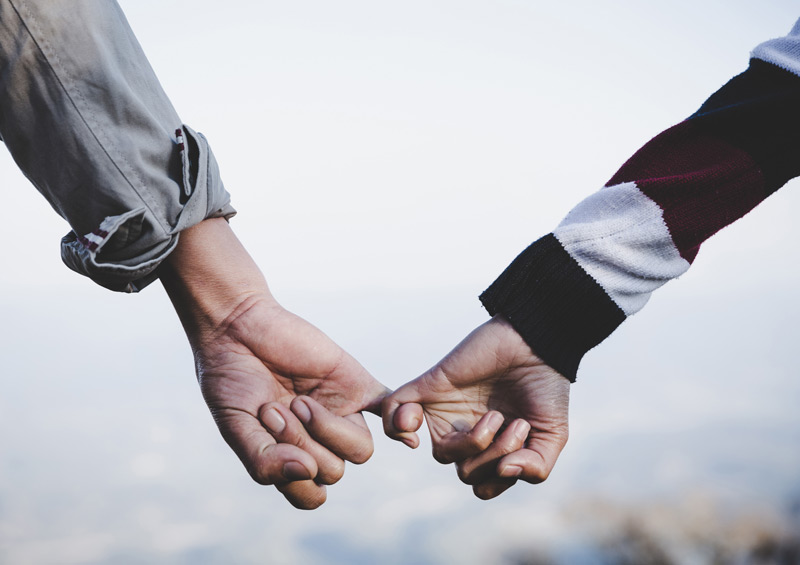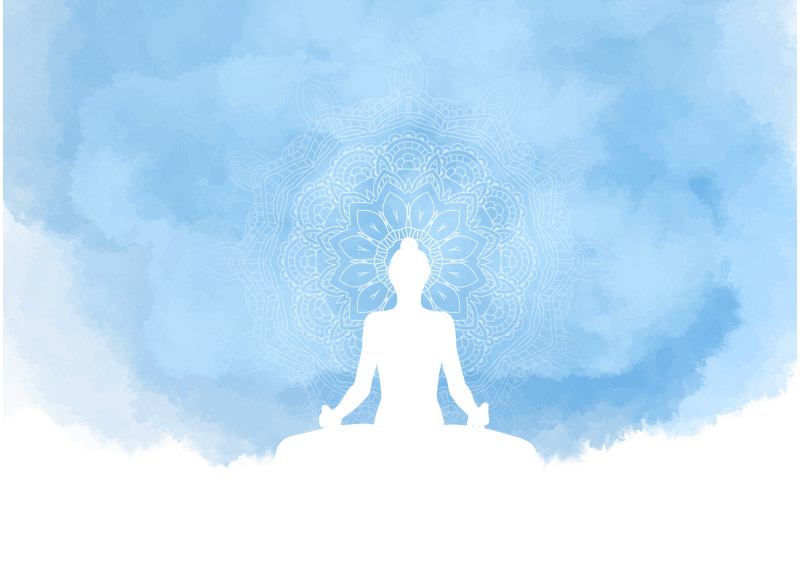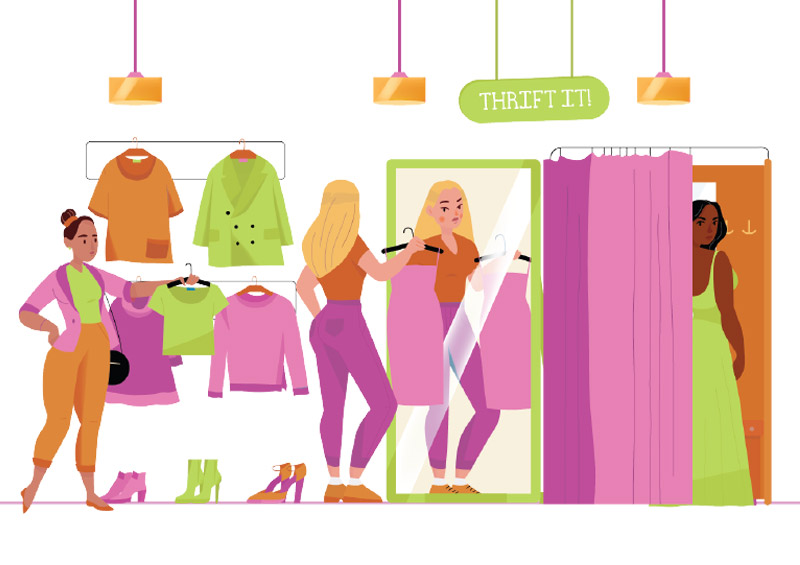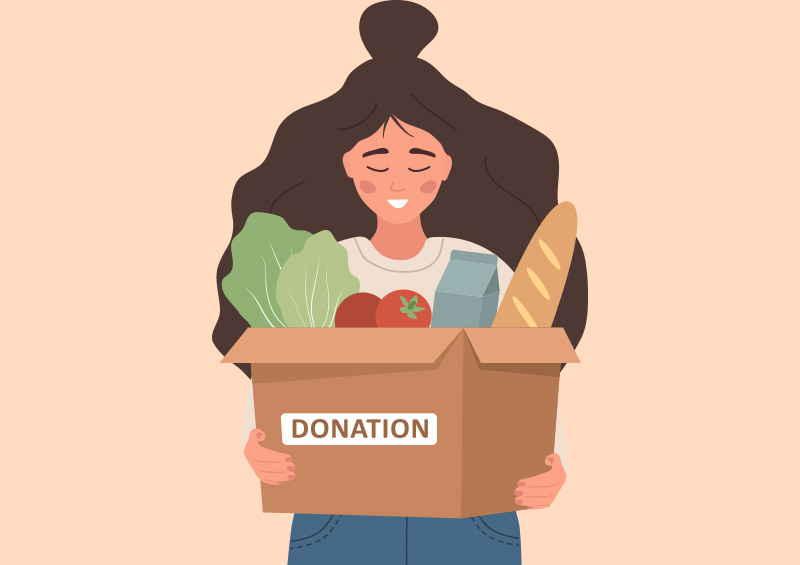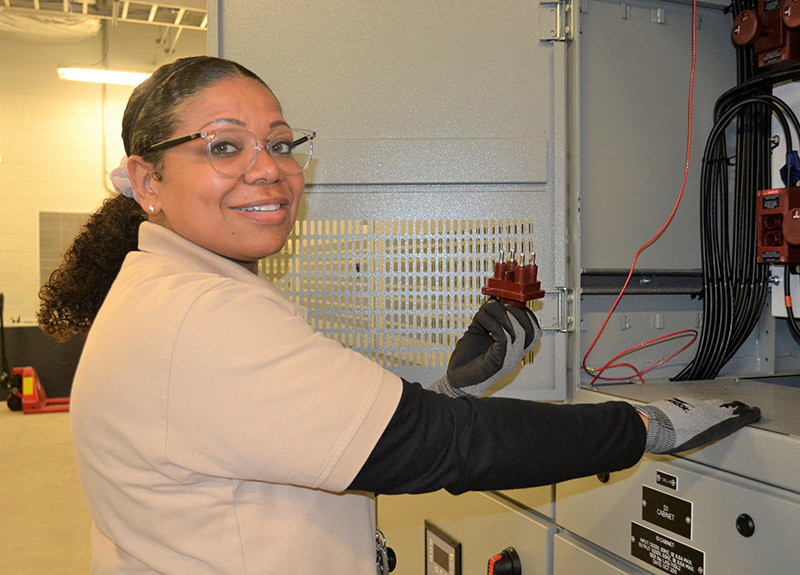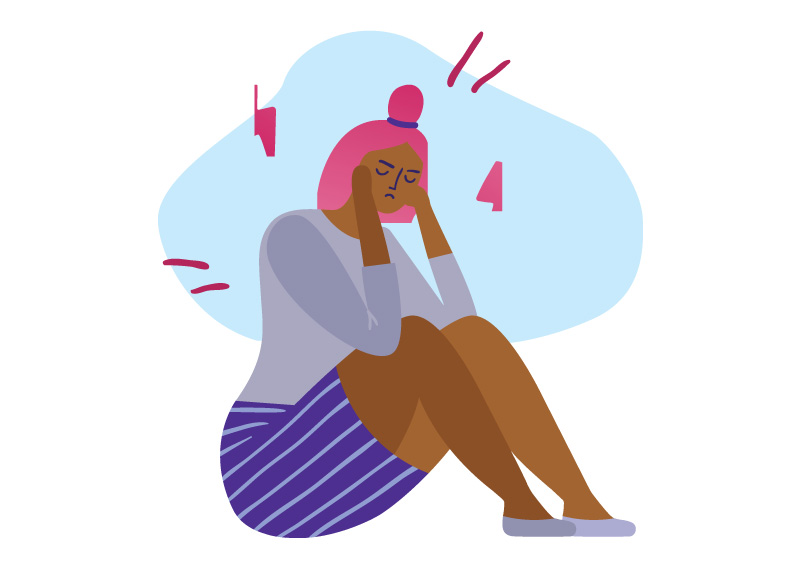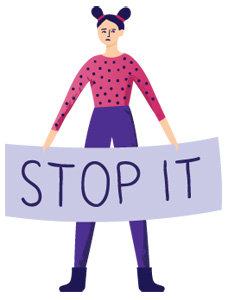Have you ever been in an oppressive environment where you couldn’t be yourself? People around you repeatedly calling you “FAT” over and over again. Until a buildup of insecurities hits you harder than a huge stone.
Bullying is something that’s discussed very often but not well understood. Some people see bullying as a joke; others even see it as something that can influence a person’s life positively because it makes people stronger. Either way, bullying can be very impactful. It’s important to raise awareness, learn about strategies to stop bullying, and allow people to tell their stories of being bullied.
There are many reasons people are bullied. For example, people are bullied because of their beliefs, how fortunate or unfortunate they are, what they wear, people they are friends with, and even their race or culture.
There are also many causes of bullying. People become bullies because of how powerless they feel in their lives or because someone else is bullying them. Bullies might feel jealousy or anger against someone, and some bullies are looking for attention. Often, bullying is caused by the dysfunctional home they live in. They bully others because of what happens in their home. When children are being beaten, molested, starved, dehumanized, or suffering from other forms of abuse, it can cause them to react in a series of ways, including bullying and aggression against others. Children also mimic what they see their parents do. When children see violence, like their parents fighting, they may think this is how to solve problems. Children can also be bullied by their older siblings. Because of this, they feel as if they can bully others just how they are bullied by their sibling. Bullying can be learned in the home and passed on at school.
Bullying can also happen based on someone’s social status. To some people social status is very important. These kinds of people seek attention from students and peers around them. It’s common for 8th to 10th graders to be aggressive because of their social status. In other cases, as kids get more popular, they become more aggressive, feeling as if they can be in control of others. It is more likely for “popular” children to bully the children who are “unpopular.” The “popular” children feel empowered by making the “unpopular” children go down to their lowest point.
Many people think that bullying just has an effect on the victim, but it also affects the bully and the witnesses of this very cruel behavior. Witnesses can experience different emotions like anxiety, fear, guilt, or uncertainty. People who witness bullying can be either a bystander or an upstander. A bystander is someone who witnesses an event but doesn’t do anything, while the upstander is someone who does something to stop the bullying, like telling a teacher.
The bully is affected not only by the punishment they receive, but also by bullying itself. The bully can feel anxiety, powerlessness, and guilt, just like a witness, and even experience depression.
But those who are being bullied of course suffer the most. There are children and teenagers who have committed suicide because of the bullying they experienced. People can be driven to their lowest point, unable to take the brutality anymore.





